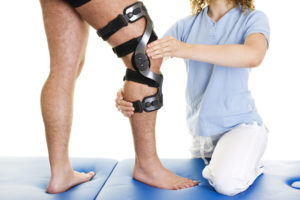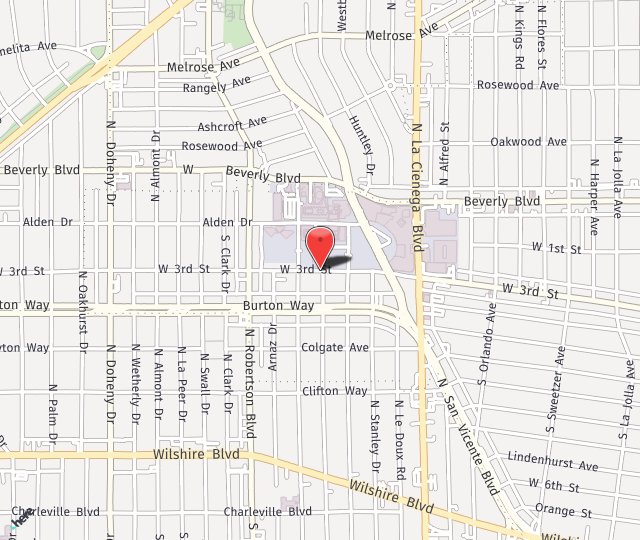Nerve Injuries and Restoring Function
- Posted on: Feb 14 2020
 The body’s peripheral nerves are the links between our brain and the spinal cord and the rest of the body. Unfortunately, our peripheral nerves are fragile and can easily be damaged by trauma or continued compression. These injuries can then affect your brain’s ability to communicate with your muscles and organs.
The body’s peripheral nerves are the links between our brain and the spinal cord and the rest of the body. Unfortunately, our peripheral nerves are fragile and can easily be damaged by trauma or continued compression. These injuries can then affect your brain’s ability to communicate with your muscles and organs.
Dr. Seruya is a specialist in peripheral nerve surgery, but surgery isn’t always required to repair a nerve and restore muscle function.
How is a nerve injury diagnosed?
Dr. Seruya will review your medical history and you’ll discuss any accidents you may have had and your symptoms. He’ll then perform a physical and neurological examination. If there are signs of nerve damage, he’ll likely order additional testing, which could include:
- Electromyography (EMG)— A thin-needle electrode inserted in your muscle records the muscle’s electrical activity at rest and in motion. Reduced muscle activity can indicate nerve injury.
- Nerve conduction study— Electrodes are placed at two different points in your body to measure how well electrical signals pass through the nerves.
- Magnetic resonance imaging (MRI)— An MRI can produce detailed images of the nerves in the affected area.
Restoring function to affect muscles
After the nerve injury has been addressed, function needs to be restored to the affected muscles. These are different methods to do so.
- Braces or splints— These devices help hold the affected limb, fingers, hand, or foot in the proper position to improve muscle function.
- Electrical stimulator— Stimulators can activate muscle served by an injured nerve while the nerve regrows.
- Physical and occupational therapy— These therapies involve specific movements or exercises to keep your affected muscles and joints active.
- Exercise— Exercise can help improve muscle strength, maintain your range of motion, and reduce muscle cramping.
If you think you have any signs of nerve compression or damage, please don’t hesitate to call Dr. Seruya at (310) 423-2129.
Posted in: Nerve Damage

